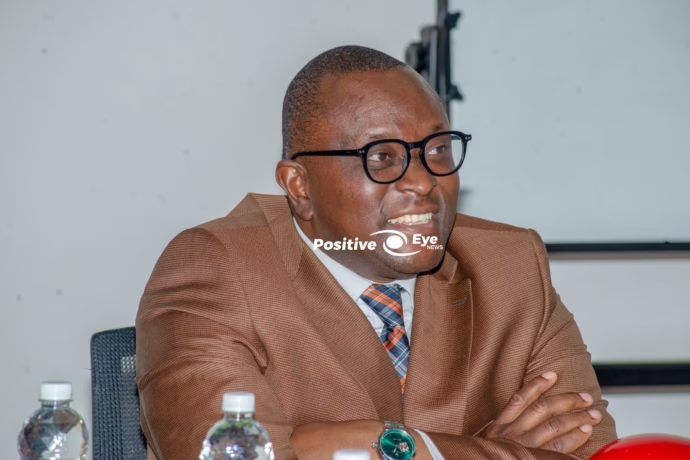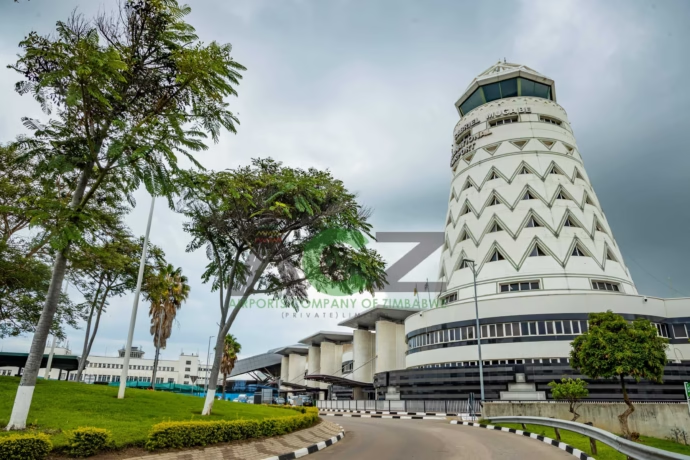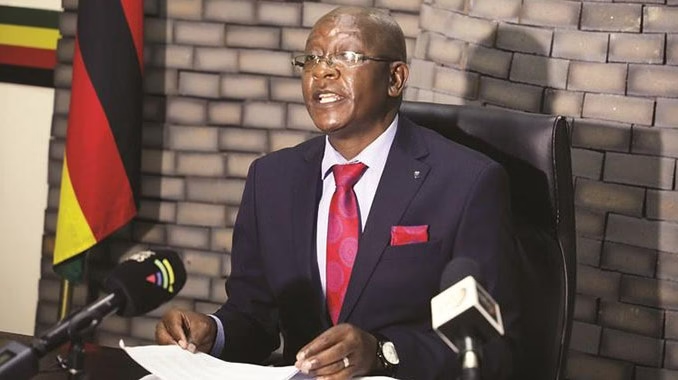
At the recently held 7th Parliament Institutional Strategic Plan (PISP) Validation Workshop in Bulawayo, Speaker of Parliament, Advocate Jacob Mudenda, delivered a powerful keynote address, calling for strategic leadership and enhanced oversight in the parliamentary processes.
His speech reflected on the critical role Parliament plays in ensuring that national development aligns with Zimbabwe’s broader goals, particularly as the country pursues Vision 2030.
Advocate Mudenda emphasized the significance of the Parliamentary Committee on Standing Rules and Orders (CSRO) and the Liaison and Coordination Committee (LCC) in driving the Parliament’s strategic operations. The CSRO, as the constitutional overseer of policy and administration, alongside the LCC, tasked with overseeing Select Committees, has the dual responsibility of ensuring that Parliament not only meets the needs of the nation but also stays responsive to the ever-changing global environment.
Mudenda stressed that the validation of the PISP is not a mere administrative formality but a transformative process. He urged the Members of Parliament to approach the strategic plan with innovation and courage, drawing inspiration from the biblical story of Zacchaeus. He likened Parliament’s current challenges—such as resource constraints and the debilitating effects of sanctions—to Zacchaeus’s short stature, noting that just as Zacchaeus climbed a tree to gain a better view of Jesus, Parliament must rise above its obstacles to fulfill its mandate.
In an analytical observation, Mudenda’s analogy serves as a reminder that institutions, like individuals, must overcome limitations to achieve greatness. His call for Parliament to think strategically, act decisively, and turn challenges into opportunities resonates with the broader goals of Zimbabwe’s development trajectory. He emphasized that laws passed by Parliament should be key instruments in driving national development, and the new PISP should position Parliament as a central player in this mission.
Mudenda also underscored the importance of Parliament’s role in fostering participatory democracy. The PISP, he suggested, is a living document that must evolve with time, constantly responding to the needs of Zimbabwe’s citizenry. Through effective oversight, legislative processes, and resource mobilization, Parliament has the power to shape the future of the country.
He invoked the mantra of President Emmerson Mnangagwa—”Nyika inovakwa, igonamatirwa, igotongwa nevene vayo”—highlighting the importance of self-reliance and faith in driving national progress. Mudenda’s speech was both a rallying call for MPs to take ownership of the country’s development agenda and a reminder that they are the stewards of Zimbabwe’s legislative framework.
The speaker’s message was forward-thinking, emphasizing that Parliament must leverage digital technologies to remain effective in the 21st century. The introduction of the “Committee of the Future” was a significant point, as it reflected the need for Parliament to modernize and adapt to new challenges, ensuring that it remains relevant and capable of addressing emerging issues.
In addition, Mudenda pointed to the collective effort required to develop the PISP. He commended the collaboration between MPs, Parliament staff, and key stakeholders, citing the Strategic Planning Retreat in Victoria Falls as a pivotal moment in shaping the plan. This collaborative approach demonstrates the importance of unity in building a robust and effective Parliament capable of addressing the nation’s challenges.
Analytically, Mudenda’s speech can be seen as a blueprint for a more proactive, self-assured, and strategically focused Parliament. His emphasis on innovation, digital transformation, and overcoming adversity reflects a vision for a Zimbabwean Parliament that is not just a legislative body but a key player in shaping national policies and steering the country toward its development goals.
Ultimately, Mudenda’s address sets the tone for a Parliament that is committed to good governance, national development, and the realization of Vision 2030. By validating the PISP, Parliament is taking a critical step toward ensuring that its operations are aligned with the aspirations of the Zimbabwean people.




